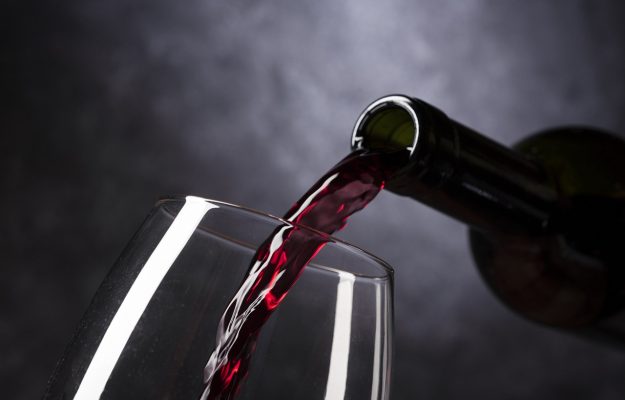“There is a clear difference between alcohol abuse, which should be tackled because of the public health risks involved, and the moderate and responsible consumption of wine and alcoholic beverages, which in combination with healthy diets and lifestyles such as the Mediterranean diet, can have positive effects in particular on cardiovascular diseases. This difference, which has also been emphasized several times by EU Health Commissioner Stella Kyriakides, must also be highlighted in the report of the Special Committee on Cancer (Beca) of the European Parliament”. This was reiterated by Herbert Dorfmann and Paolo De Castro, the first signatories of four amendments to the report that is keeping Italian and European wine in suspense and will be voted on by the Strasbourg plenary next week, on February 15. If passed as it stands, without the distinction between moderate and abusive consumption, it could have potentially devastating repercussions for the wine sector in terms of regulations, taxation, promotional resources and more.
“Thanks to the support of more than 150 colleagues belonging almost exclusively to the three political groups of the “Ursula majority” (EPP, Socialists & Democrats and Renew Europe), we wanted to intervene on the text of the report, asking for a differentiation between alcohol use and abuse”, Dorfmann and De Castro added. “In order to avoid demonizing sectors that represent the heritage of our wine and food culture and tradition, we call for the paradoxical requirement to have health warnings on wine bottles like on cigarette packets to be eliminated. On the contrary, we want more transparent labeling systems for alcoholic beverages that provide consumers with information on moderate and responsible consumption”. “We support the ambitious approach taken so far, which represents a major step forward in the fight against cancer, based on prevention and reduction of harmful risks associated with unhealthy lifestyles. However, our work must be based on the most recent scientific evidence: for this reason”, De Castro and Dorfmann conclude, “the battle will now move to the plenary session, where a large majority in support of these proposals will be needed so that the final text can have a balanced and, above all, solidly based approach”.
These amendments obviously have the support of Italian wine, as Sandro Sartor, Vice-President of the Unione Italiana Vini and President of the European Association “Wine in Moderation”, emphasizes: “we support the improvement proposals presented by the MEPs. The first objective is to prevent February 15 from becoming a split date for the future of Italian and European wine, and the proposed amendments, which are priority but decisive, go in this direction. Without the fundamental distinction between consumption and abuse, between different contexts and consumption models”, Sartor concluded, “the scenario that would emerge for the sector would be disastrous at the socio-economic level”.
According to UIV, without the amendments to the text, wine would suffer a tsunami effect in the medium to long term that can only be partially calculated. The drop in consumption is estimated at 25/30%, but even greater would be the drop in the sector’s turnover, which would drop by 35% to the equivalent of almost 5 billion euros a year. Not to mention the damage to invested assets - from wineries to vineyards to the companies themselves - which would be devalued at the same rate and the damage to allied industries. But the losing game will also have a major impact on consumers, who will be forced to pay more for less quality. The reduction in contributions will in fact lead to an increase in production costs; at the same time, however, there will be a flattening of quality, a reduction in the average value of wine in the cellar but paradoxically an increase on the shelf, due to higher excise duties. In addition, the difficulty of working on brands, partly because of vetoes on promotion, will gradually lead to a proliferation of labels without brands: private labels that will depress the diversification of the offer given in particular by small artisan producers with lower economies of scale, but also by medium-sized companies that base the current fortunes of Italian wine on quality and branding policies.
Overall, it is estimated that the gross margin on production will fall by 50%, with thousands of farms disappearing. According to the UIV, this scenario will also have a negative impact on tourism in the Italian countryside (with wine tourism alone worth 2.5 billion a year). But above all, the debasement of wine - a symbol of the “Made in Italy” lifestyle and an essential ingredient in the Mediterranean Diet - will be incalculable damage to the image of Italy.
Copyright © 2000/2026
Contatti: info@winenews.it
Seguici anche su Twitter: @WineNewsIt
Seguici anche su Facebook: @winenewsit
Questo articolo è tratto dall'archivio di WineNews - Tutti i diritti riservati - Copyright © 2000/2026







































































































































































































